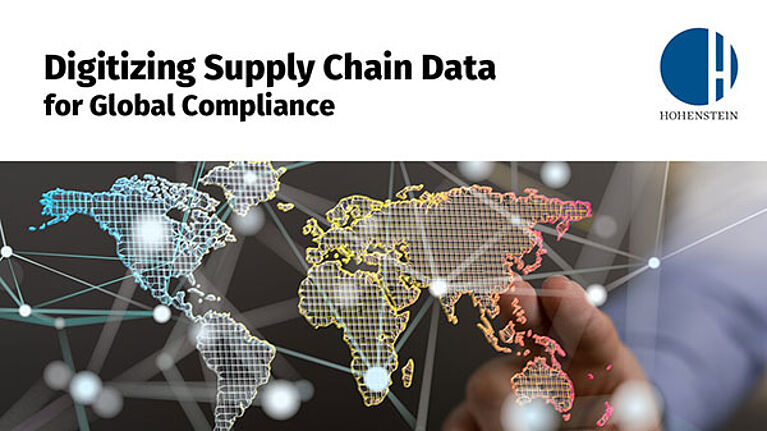El consumo consciente simplificado
La transparencia es esencial para un futuro más sostenible.
Sin ello, los consumidores no pueden ver el verdadero impacto de sus compras. Muchos desconocen el daño que los productos cotidianos pueden causar a su salud y al medio ambiente, y quienes lo saben a menudo carecen de acceso a información confiable.
Los pasaportes digitales de producto tienen como objetivo:
- Aumentar el acceso de los consumidores a la información sobre la seguridad de los productos
- Empoderar a los consumidores para que tomen decisiones sostenibles mostrando el impacto del producto
Más allá de la transparencia, los DPP también brindan a los consumidores las herramientas para usar y cuidar adecuadamente los productos, mejorando la longevidad y reduciendo el desperdicio.
- Las instrucciones claras de instalación y uso ayudan a evitar daños por mal uso
- Los manuales de usuario y las advertencias de los productos mejoran la seguridad y la concienciación
- La orientación sobre mantenimiento y reparación ayudan a prolongar la vida útil de un producto
- Las recomendaciones para el final de la vida útil ofrecen opciones de eliminación o reciclaje responsables

